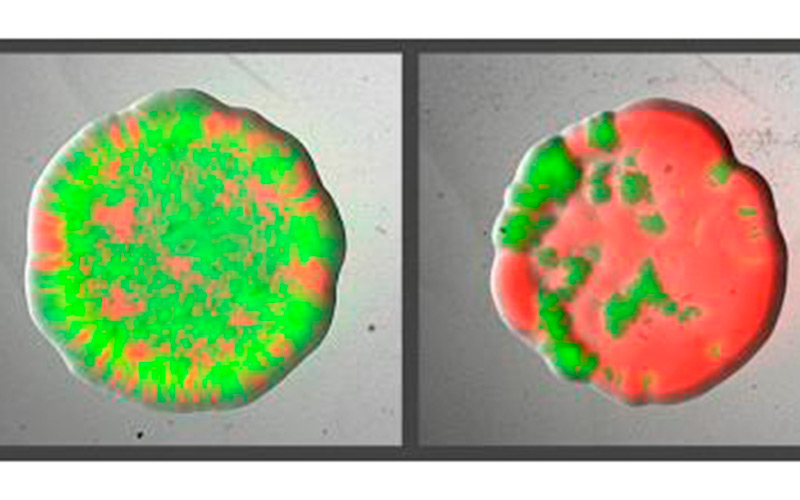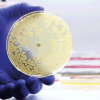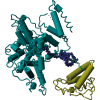Some bacteria can release toxins that provoke their neighbours into attacking each other, says a new study.

The authors state that this is a tactic that could be exploited to fight infections.
Bacteria often engage in “warfare” by releasing toxins or other molecules that damage or kill competing strains.
This war for resources occurs in most bacterial communities, such as those living naturally in our gut, or those that cause infection.
As well as producing toxins that directly kill their competitors, bacteria can release toxin “provoking agents” that make other strains increase their aggression levels by boosting their toxic response.
In a new study, led by Imperial College London and the University of Oxford, researchers used a combination of experiments and mathematical models to see what happens when bacteria provoke their competitors.
When used against a single competitor, they found that provocation backfires: the provoked strain mounts a strong toxic counter-attack and harms the provoking strain. When three or more strains are present, provocation causes competing strains to increase their aggression and attack each other. This can lead to the competitors wiping each other out, especially when the provoking strain is shielded from, or resistant to, their toxins.
Lead author Diego Gonzalez said: “By provoking other strains to attack each other, the toxin of the provoker is more effective than what would be expected based on its real toxicity.”




